SEO and PPC are two distinct approaches to online marketing. SEO focuses on improving organic search rankings to drive traffic to a website, while PPC involves paid advertising to ensure immediate visibility on search engine results pages (SERPs).
Using a combination of both SEO and PPC strategies can be beneficial, as SEO provides a long-term investment with a higher return on investment, while PPC offers quick and targeted visibility. By incorporating both approaches, businesses can enhance their online presence, attract more traffic, and establish a solid brand presence in the market.
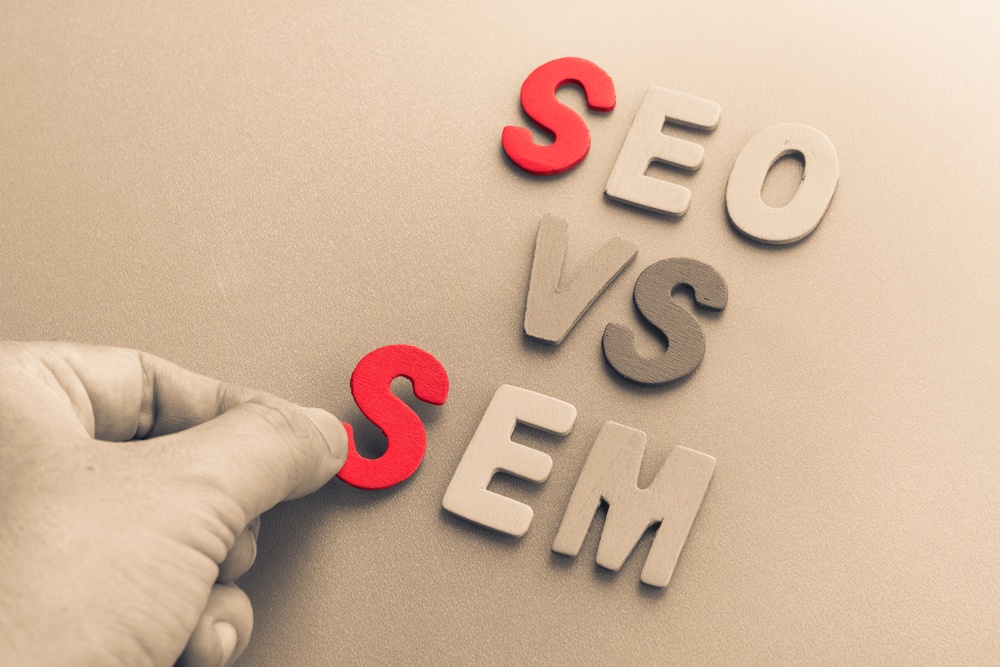
Credit: blog.thomasnet.com
Understanding The Fundamentals
When it comes to online marketing, two of the most effective strategies are Search Engine Optimization (SEO) and Pay-Per-Click (PPC) advertising. While both aim to increase website visibility and drive relevant traffic, they differ significantly in terms of approach and cost. To fully harness the power of these strategies, it is essential to understand their fundamentals.
Definition Of Seo
SEO, or Search Engine Optimization, is the practice of optimizing a website to improve its visibility and organic (non-paid) search engine rankings. It involves various techniques such as keyword research, on-page optimization, content creation, and link building. The ultimate goal of SEO is to attract more organic traffic and increase conversions.
Definition Of Ppc
PPC, or Pay-Per-Click, is an online advertising model in which advertisers pay a fee each time their ad is clicked. These ads are typically displayed on search engine results pages (SERPs) or other relevant websites. Unlike SEO, PPC provides instant visibility as ads are shown immediately to the target audience. Popular PPC platforms include Google Ads and Bing Ads.
While SEO and PPC are distinct strategies, they can complement each other and deliver better results when used together. Here are a few ways in which they work hand in hand:
- Increased visibility: Combining SEO and PPC allows for maximum visibility on search engine results pages. With PPC, you can target specific keywords and demographics instantly, while SEO efforts help your website rank higher organically.
- Keyword insights: PPC campaigns can provide valuable data on which keywords drive the most traffic and conversions. This information can be used to optimize your SEO strategy and target the right keywords for organic rankings.
- A/B testing: PPC campaigns allow you to test different ad copy, landing pages, and calls to action. By analyzing the results, you can optimize your content and improve user experience on your website, benefiting your overall SEO efforts.
Deciding whether to invest in SEO or PPC depends on various factors, including your business goals, budget, and time frame. Here is a brief comparison to help you make an informed decision:
| SEO | PPC | |
|---|---|---|
| Cost | Relatively low cost, but requires continuous effort | Higher cost per click, but provides instant visibility |
| Speed | The long-term strategy takes time to see results | Immediate results, ads are displayed instantly |
| Control | You have control over your website and content | You have control over ad copy, targeting, and budget |
| Longevity | Results are long-lasting, even after ceasing efforts | Results cease once the campaign is paused or the budget is exhausted |
In conclusion, both SEO and PPC have their strengths and advantages. While SEO provides long-term benefits by improving organic rankings, PPC offers immediate visibility and control over ad campaigns. To maximize your online marketing efforts, it is recommended to use a combination of both strategies.
Comparing Cost-effectiveness
When it comes to online marketing strategies, two of the most popular options are SEO and PPC. Both methods can drive traffic to your website and improve your online visibility. However, they differ in terms of cost-effectiveness. In this section, we will explore the cost-effectiveness of SEO and PPC and evaluate their return on investment (ROI).
Cost-effectiveness Of Seo
SEO, which stands for Search Engine Optimization, focuses on optimizing your website and content to rank higher in organic search engine results. One of the main advantages of SEO is its cost-effectiveness. Unlike PPC, SEO does not require direct payment per click or impression. Instead, it involves investing time and effort into optimizing your website and creating high-quality content that aligns with search engine algorithms.
- Long-term results: With SEO, your website can maintain its ranking on search engine result pages (SERPs) even after you stop actively optimizing it. This long-term benefit makes SEO a cost-effective strategy, as it continues to drive organic traffic without ongoing expenses.
- Targeted traffic: SEO helps you attract highly relevant traffic to your website. By optimizing your website for specific keywords and topics, you can attract users who are actively searching for the products or services you offer.
- Increased brand exposure: Improving your website’s visibility in organic search results enhances your brand’s online presence. When users consistently see your website on the first page of search results, it builds trust and credibility.
Cost-effectiveness Of Ppc
PPC, or Pay-Per-Click, is an advertising model where advertisers pay a fee each time their ad is clicked. While PPC can be more expensive compared to SEO, it offers quick visibility and immediate results. The cost-effectiveness of PPC depends on various factors, including your industry, target audience, and budget.
- Instant visibility: As soon as you launch a PPC campaign, your ads can appear at the top of search engine results for your chosen keywords. This immediate visibility can help drive traffic to your website faster than relying solely on organic rankings.
- Control over budget: PPC allows you to set a specific budget for your campaigns, ensuring you have control over your spending. You can also monitor your ad performance and adjust your budget accordingly to maximize ROI.
- Highly targeted ads: With PPC, you can target specific demographics, locations, and interests. This allows you to reach your ideal audience and increase the chances of converting them into customers.
Evaluating Roi For Seo And Ppc
When evaluating the ROI for SEO and PPC, it’s essential to consider the specific goals of your online marketing strategy. While SEO provides a long-term and cost-effective solution, PPC offers instant visibility and precise targeting.
It is recommended to use a combination of both SEO and PPC, depending on your short-term and long-term traffic goals, budget, and other factors. By leveraging the strengths of each method, you can optimize your online presence and ensure a positive return on investment.
Impact On Visibility
When it comes to online visibility, two key strategies dominate the digital marketing landscape: SEO (Search Engine Optimization) and PPC (Pay-Per-Click) advertising. Both approaches have their merits, but they differ significantly in terms of how they impact visibility.
Organic Visibility Through Seo
SEO focuses on optimizing your website to rank organically in search engine results pages (SERPs). By carefully selecting relevant keywords, creating high-quality content, and improving technical aspects like site speed and mobile compatibility, SEO aims to improve your website’s visibility in search results over time.
- Long-term results: SEO is a long-term strategy that builds your website’s authority and reputation in the eyes of search engines, leading to sustainable visibility and traffic.
- Cost-effectiveness: While it requires upfront investment in terms of time and resources, SEO ultimately provides a high return on investment by driving continuous organic traffic to your site.
- Trust and credibility: Ranking organically in search results signals to users that your website is trustworthy and relevant to their search queries, boosting your brand’s credibility.
Quick Visibility Through Ppc
On the other hand, PPC focuses on paid advertising to achieve instant visibility in search results. With PPC, you bid on specific keywords and pay a fee every time a user clicks on your ad. This approach allows you to position your website at the top of search results for your chosen keywords, instantly increasing your visibility.
- Immediate results: Unlike SEO, which takes time to show results, PPC ensures instant visibility, allowing you to quickly drive targeted traffic to your website.
- Precise targeting: PPC platforms provide advanced targeting options, enabling you to reach specific demographics, locations, or interests, ensuring your ads are seen by the right audience.
- Flexibility: You have complete control over your PPC campaigns, allowing you to adjust settings, budgets, and ad content as needed to maximize visibility and ROI.
The Relationship Between SEO and PPC
While SEO and PPC are different strategies, they can work together symbiotically to maximize visibility and drive traffic to your website. Studies have shown that strong organic search results can increase the click-through rate of PPC ads on the same SERP.
When it comes to optimizing your visibility online, it is recommended to use a combination of both SEO and PPC, depending on your short-term and long-term traffic goals, budget, and other factors. By combining the strengths of both strategies, you can achieve a comprehensive and effective digital marketing campaign that boosts your visibility and drives targeted traffic to your website.
Long-term Strategy Vs Immediate Results
When it comes to digital marketing strategies, two of the most popular methods are Search Engine Optimization (SEO) and Pay-Per-Click (PPC) advertising. Both have their unique benefits and drawbacks. One of the key differences between SEO and PPC lies in the time it takes to see results. SEO is a long-term strategy that requires patience and ongoing efforts, while PPC offers immediate visibility and results.
Seo As A Long-term Strategy
SEO is like nurturing a plant—it requires time, effort, and patience to see the desired results. By optimizing your website and creating high-quality content, you can improve your organic search rankings over time. The benefits of SEO are long-lasting and sustainable. Once your website starts ranking higher in search engine results, you can enjoy a steady stream of organic traffic without having to pay per click.
SEO allows you to build a strong online presence and establish your brand as an authority in your industry. However, it’s important to note that SEO is an ongoing process that requires constant monitoring and adjustments to keep up with changing algorithms and competition.
Quick Results With Ppc
Unlike SEO, PPC offers immediate visibility and results. With PPC advertising, you can bid on keywords and create compelling ads that will appear at the top of search engine results pages. As soon as your campaign goes live, you can start driving targeted traffic to your website. PPC is particularly beneficial for businesses looking for quick results or specific promotional campaigns.
It allows you to target your audience based on demographics, location, interests, and more. Additionally, you have control over your budget and can easily track the performance of your ads. However, it’s important to note that PPC can be more costly compared to SEO, especially if you’re targeting competitive keywords.
Which Is Easier: Seo Or Ppc?
When it comes to choosing between SEO and PPC, the ease of implementation is a factor to consider. PPC advertising is often considered easier to get started with. With platforms like Google Ads, you can set up a campaign, define your target audience, and start running ads within a relatively short time. PPC provides more predictable results, making it an attractive option for businesses looking for quick wins.
On the other hand, SEO requires more time, effort, and ongoing commitment. It involves optimizing your website, creating quality content, and building backlinks to improve your organic search rankings. While SEO may be more challenging to implement, the long-term benefits can be significant.
In conclusion, both SEO and PPC have their advantages and should be considered as part of a comprehensive digital marketing strategy. SEO is a long-term investment that can provide sustainable results and help build a strong online presence. On the other hand, PPC offers immediate visibility and results, making it a great option for businesses looking for quick wins or specific promotional campaigns.
Combining SEO and PPC
In today’s digital landscape, businesses are constantly striving to maximize their online visibility and reach their target audience effectively. Two powerful strategies that can contribute to achieving these goals are Search Engine Optimization (SEO) and Pay-Per-Click (PPC) advertising.
While SEO focuses on optimizing website content to improve organic search rankings, PPC is a paid advertising method that drives immediate traffic through online ads. Combining SEO and PPC can be a game-changer for businesses, enabling them to enhance online exposure and establish a strong brand presence.
Benefits Of Combining Seo And Ppc
Enhancing Online Exposure
By combining SEO and PPC strategies, businesses can significantly increase their online exposure. SEO helps improve organic search rankings, which means that when users search for relevant keywords, the website is more likely to appear at the top of the search engine results pages (SERPs).
On the other hand, PPC ads occupy prominent positions on the SERPs and can appear above or alongside organic search results. When a website ranks both organically and through PPC ads, it dominates the search results, increasing its visibility and attracting more potential customers.
Establishing A Strong Brand Presence
When a business utilizes both SEO and PPC, it can establish a strong brand presence in the market. SEO helps build credibility and trust by ranking the website organically based on its relevance and quality. This leads to increased brand awareness among users.
PPC ads, on the other hand, allow businesses to showcase their brand prominently on the SERPs, reinforcing brand recognition. By combining both strategies, businesses can create a comprehensive online presence, ensuring that their brand is consistently visible to their target audience.
Furthermore, combining SEO and PPC provides valuable insights into keyword performance and user behavior. Through PPC campaigns, businesses can identify high-performing keywords that can be utilized in their SEO strategy to enhance organic search rankings. Conversely, SEO data can guide PPC campaigns by identifying relevant keywords with high search volumes and conversion potential.
In conclusion, combining SEO and PPC can yield significant benefits for businesses. It enhances online exposure, allowing websites to dominate the search results by ranking both organically and through paid ads. It also establishes a strong brand presence, ensuring consistent visibility and recognition. By leveraging the insights from both strategies, businesses can optimize their overall search marketing efforts and drive better results.
Frequently Asked Questions Of Difference Between SEO and PPC
Is Ppc More Effective Than Seo?
PPC is not necessarily more effective than SEO as both have their benefits. SEO is cost-effective and provides a higher return on investment. PPC, on the other hand, offers quick visibility. It is recommended to use a combination of both depending on your traffic goals, budget, and other factors.
What Is The Relationship Between SEO and PPC?
SEO and PPC have a symbiotic relationship in search marketing. Studies show that strong organic search results through SEO can increase click-through rates for PPC ads on the same search engine results page. Combining SEO and PPC can provide better online exposure and boost search visibility, increasing website traffic and establishing a strong brand presence.
Which Is Easy Seo Or Ppc?
PPC advertising is often considered easier to get started with and can provide quicker, more predictable results. However, it can be more costly, while SEO is a long-term strategy that requires more time, effort, and ongoing commitment. Ultimately, the choice between SEO and PPC depends on your goals and budget.
Can You Do PPC and SEO?
Yes, you can do PPC and SEO together. Combining both strategies can provide better online exposure, boost search visibility, increase website traffic, and establish a strong brand presence. It is recommended to use a combination of both SEO and PPC depending on your traffic goals, budget, and other factors.
Conclusion
While SEO and PPC serve different purposes, they both play a crucial role in driving traffic to your website. SEO offers long-term benefits with cost efficiency, while PPC provides immediate visibility at a higher cost. Depending on your goals, budget, and other factors, it is recommended to use a combination of both strategies to maximize your online presence and achieve the best results.
By utilizing the strengths of both SEO and PPC, you can effectively reach your target audience and establish a strong online brand presence.

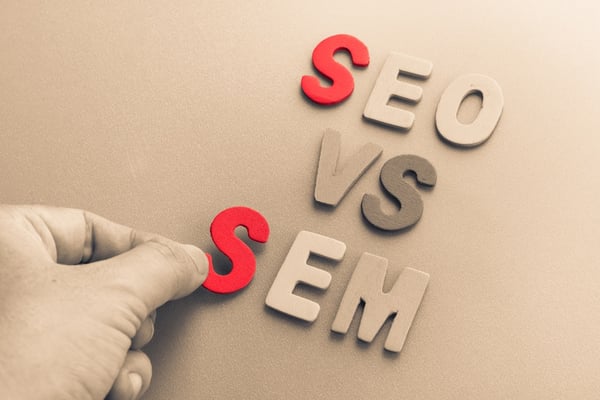
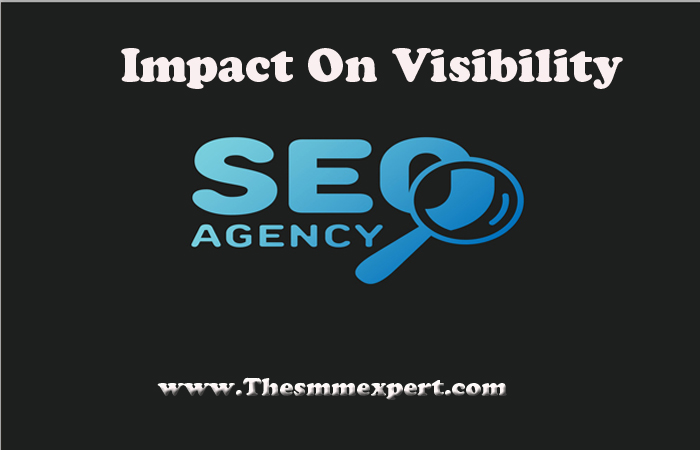

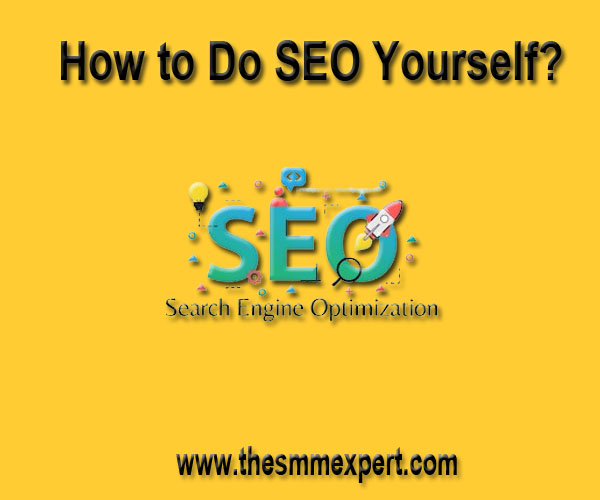
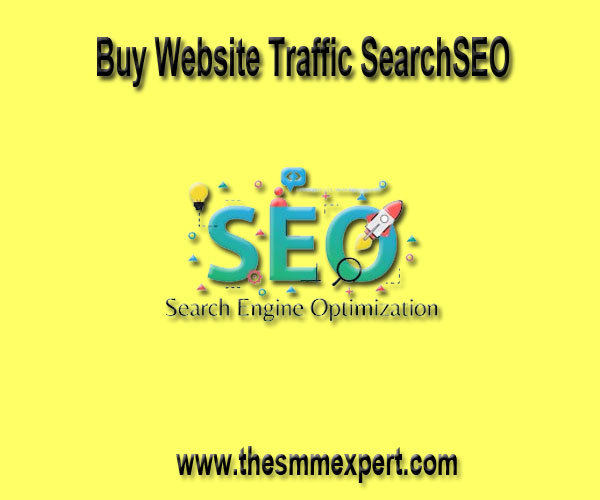

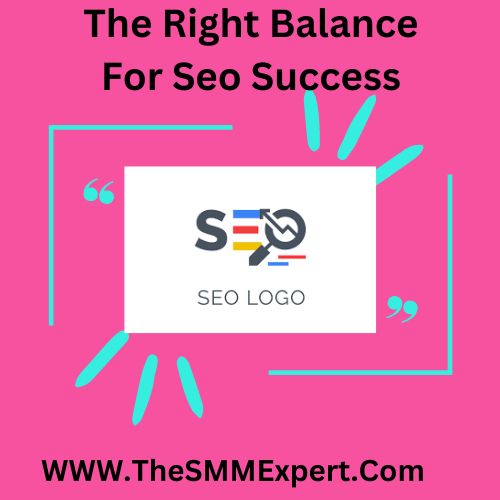
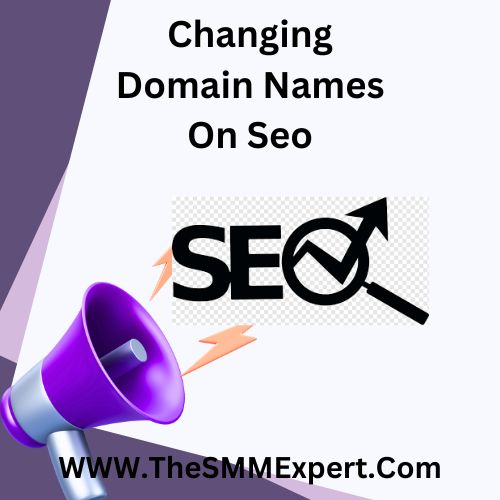
Write a comment
Your email address will not be published. All fields are required